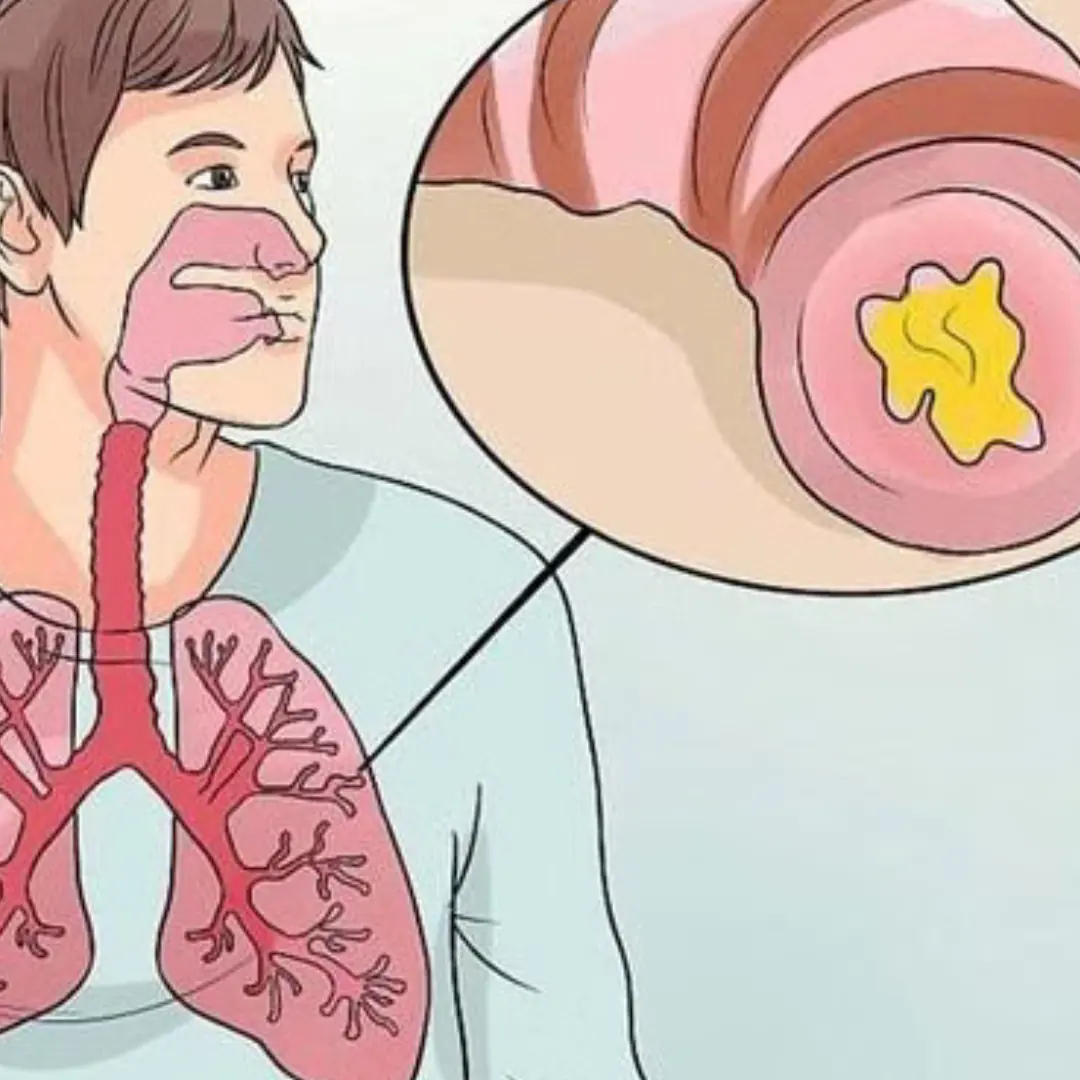
4 Evening Symptoms That May Signal Liver Failure
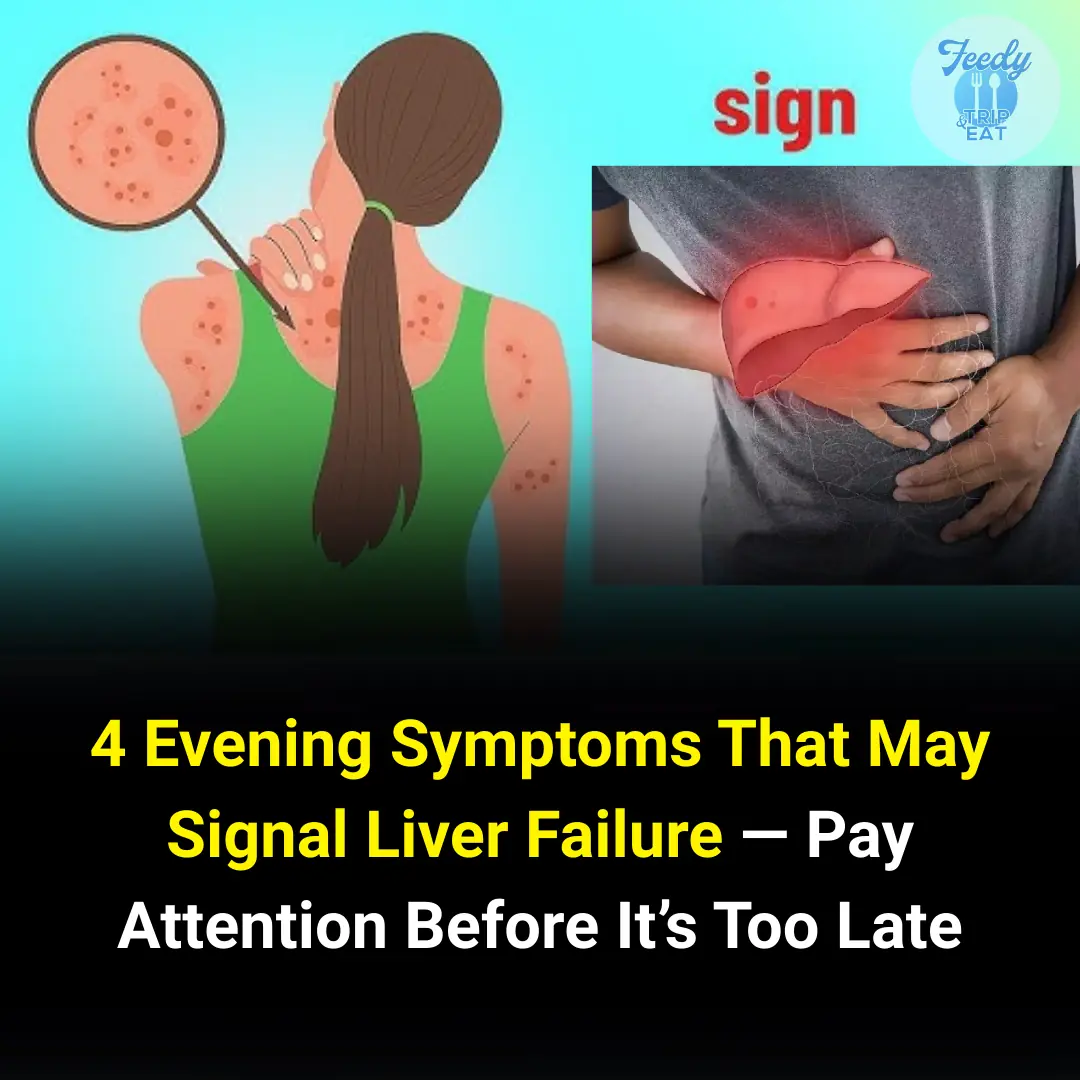
Evening is the time when the body begins its recovery process after a long day of activity. It is also when hidden problems in the internal organs become most noticeable—especially in the liver. The liver is responsible for many vital functions, from detoxification and nutrient metabolism to enzyme production. When the liver is in trouble, the body sends out warning signals, some of which appear most clearly at night. Recognizing these signs early can help you protect your health and prevent dangerous complications such as chronic hepatitis, cirrhosis, or liver cancer.
Below are four nighttime symptoms that may signal the liver is having problems. If you experience one or more of these symptoms consistently, you should visit a hepatology specialist as soon as possible.
⚠️ Do Not Ignore These Nighttime Signs
1. Discomfort in the Right Upper Abdomen When Lying Down
This is the area where the liver is located. A feeling of heaviness, tightness, or dull pain may indicate inflammation or swelling of the liver. When you lie down at night, more blood flows to the liver, making the discomfort more noticeable. Many people describe it as a pressure pressing on the upper abdomen, sometimes radiating to the back or right shoulder. If this sensation occurs every evening, it may be a sign that your liver is not functioning properly.
2. Increased Itching at Night
This is a common symptom in people with liver and biliary diseases. When the liver weakens, bile acid clearance becomes impaired, leading to a buildup of bile salts in the bloodstream, which causes persistent itching. At night, slight increases in body temperature and heightened nerve sensitivity make the itching worse. Some individuals even wake up due to intense itching—especially in the hands, feet, palms, or soles. If itching lasts for weeks and topical treatments don’t help, you should have your liver function checked.
3. Insomnia or Poor-Quality Sleep
The liver plays an essential role in the metabolism of hormones related to sleep. When liver function declines, the body may experience melatonin imbalance—the hormone regulating the sleep–wake cycle. According to Mayo Clinic, people with chronic liver disease often struggle with falling asleep, wake up frequently at night, or experience restless sleep. Some may have vivid dreams or wake up feeling unrefreshed. When insomnia is combined with prolonged fatigue, it is a sign that your liver may be under excessive stress.
4. Bloating and Gas at Night
Digestive specialists at Bach Mai Hospital note that the liver produces bile to help digest fats. When the liver weakens, digestion becomes less efficient, leading to bloating and indigestion—especially after dinner. Many people feel abdominal tightness, discomfort, or excessive gas at night. If this symptom persists and is accompanied by pale stools or abdominal pain, it may indicate significant liver damage.
Not every symptom directly indicates liver disease, but none of them should be ignored. To protect your liver, start with these simple lifestyle habits:
-
Adopt a healthy diet: eat more vegetables and fruits, reduce saturated fats
-
Sleep early and ensure 7–8 hours of rest each night
-
Minimize alcohol consumption — the leading cause of fatty liver and hepatitis
-
Drink enough water and stay physically active
-
Avoid self-medicating or using unverified “liver detox” supplements
News in the same category


A Common Mistake Everyone Makes: It’s Not Leftovers — These 5 Foods Are the Real “Silent Kil.lers” Hiding in Your Kitchen!
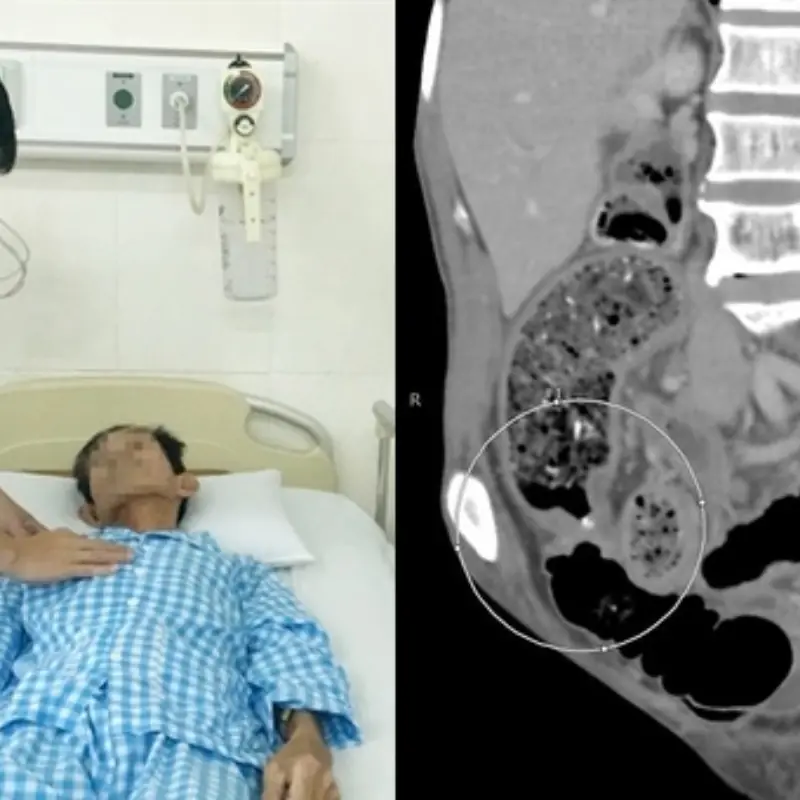
Doctors Reveal the Cause: Ignoring His Constipation Symptoms Cost a 41-Year-Old Man His Life in Just One Month
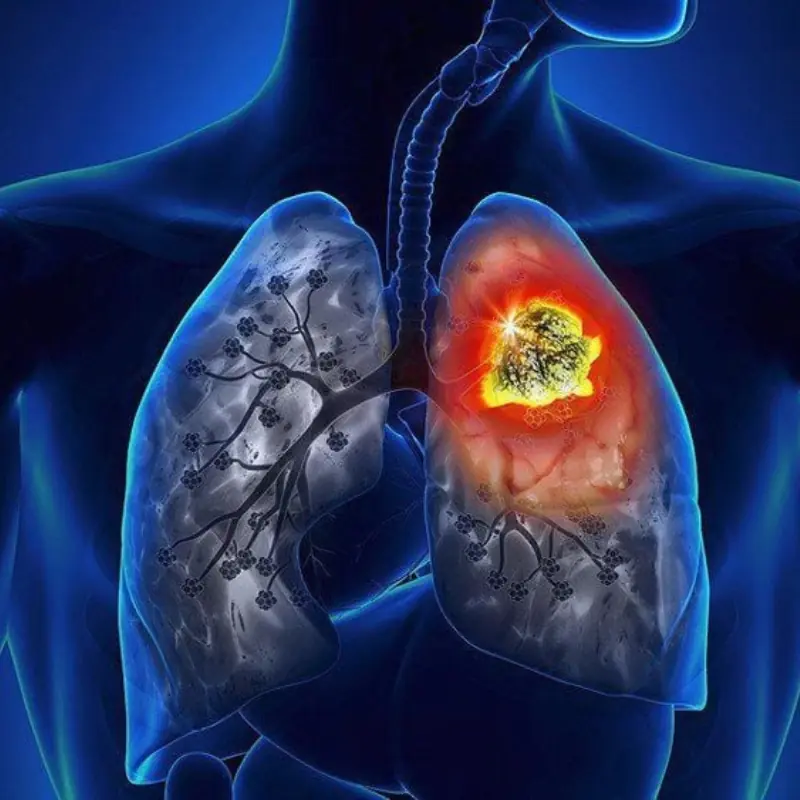
A Small Spot on the Chest Seemed Harmless… but Doctors Say It’s a ‘Silent Killer’ Hiding in the Lungs

Shocking: A Mission to Mars Could ‘Destroy’ Astronauts’ Kid.neys — What Is NASA Warning About?

The Faithful Dog Who Braved the Storm and Found Love in the Most Unexpected Companion

She Walked Away and Chose Her Son Over Me — But It Was Grandma Who Stepped In and Taught Her a Lesson That Changed Everything Forever
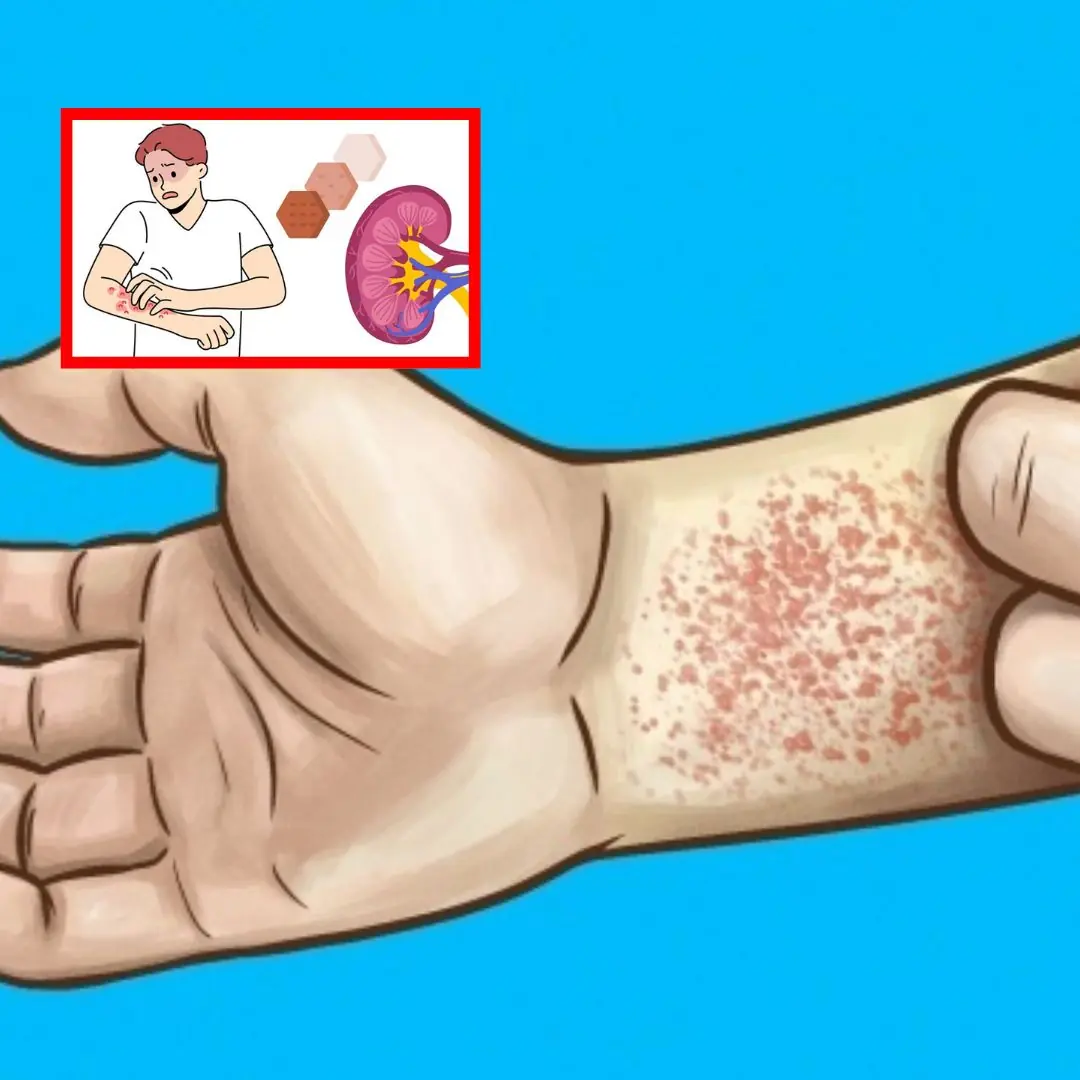
10 signs that you have kidney disease without knowing it
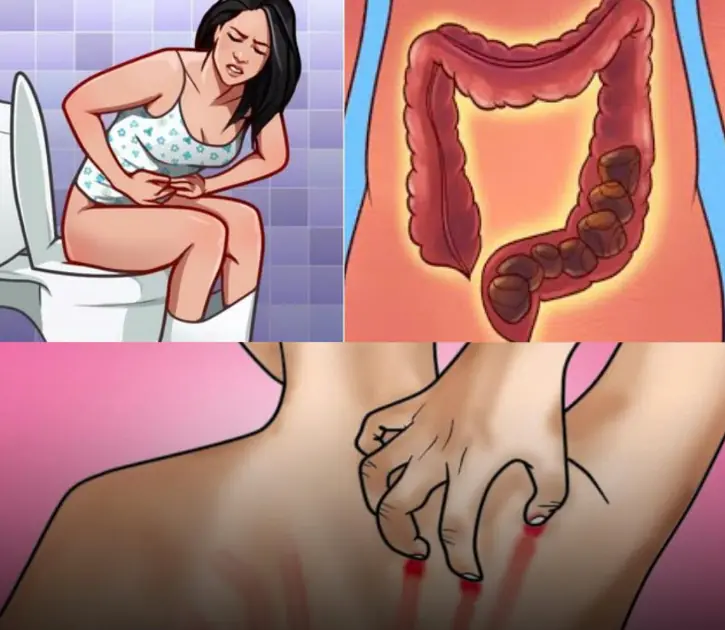
10 Warning Signs That May Indicate Abnormal Cell Growth in the Body
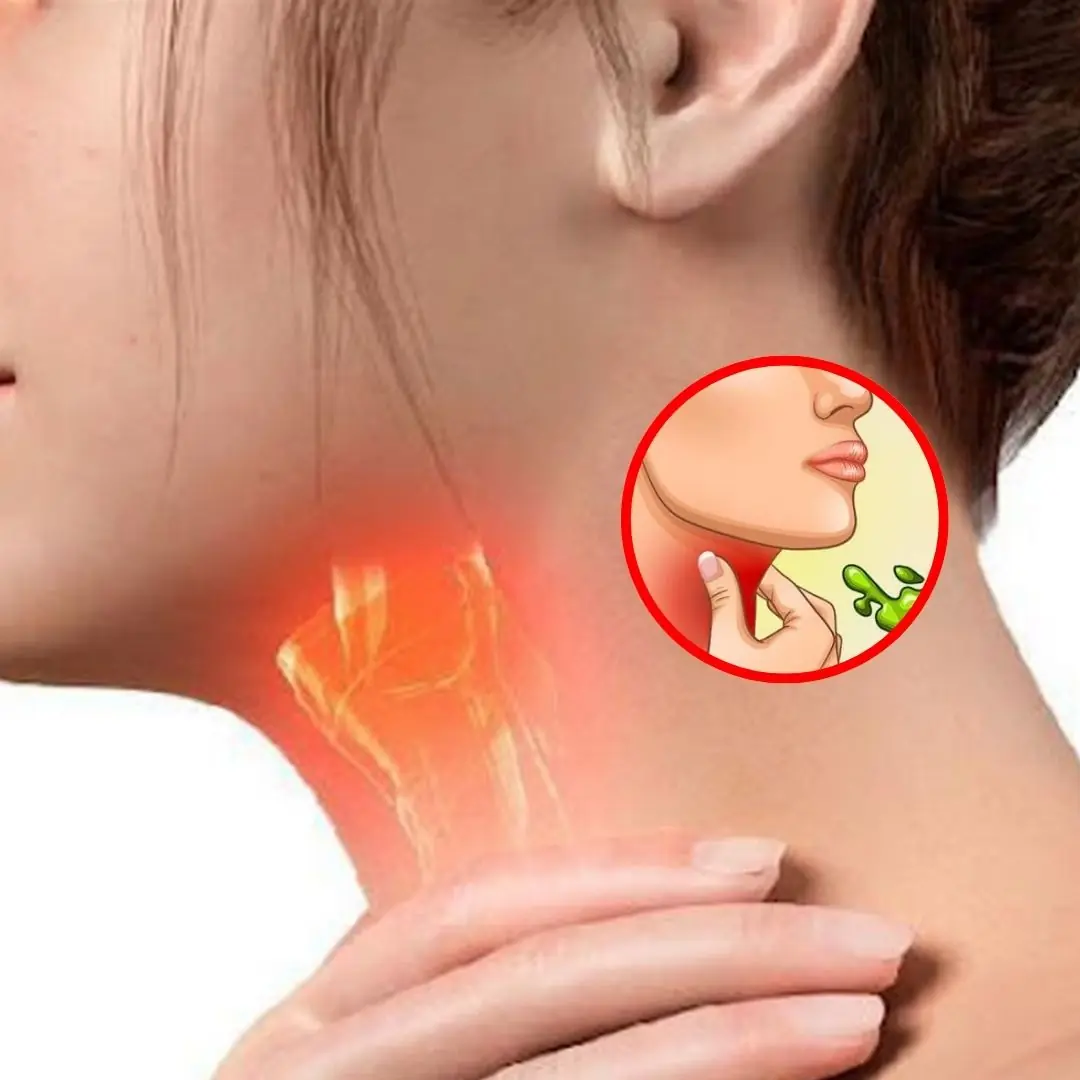
8 Ways To Get Rid Of Phlegm And Mucus In Chest And Throat

Stretch your ring finger with your thumb and hold it for a few seconds. you'll love the reason!

4 “Can.cer-Causing Culprits” Hiding Quietly in Your Home

Black beans combine these two types of seeds to become a 'miracle drug': Increase collagen production, slow down aging, prolong life 👇 👇

Woman goes to the doctor for indigestion, finds out she has liver can.cer: Doctor panics: "Who eats breakfast like this for 20 years?"

9 foods with natural anti-can.cer prop.erties, eat regularly and can.cer cells will "not have a chance to visit" 👇
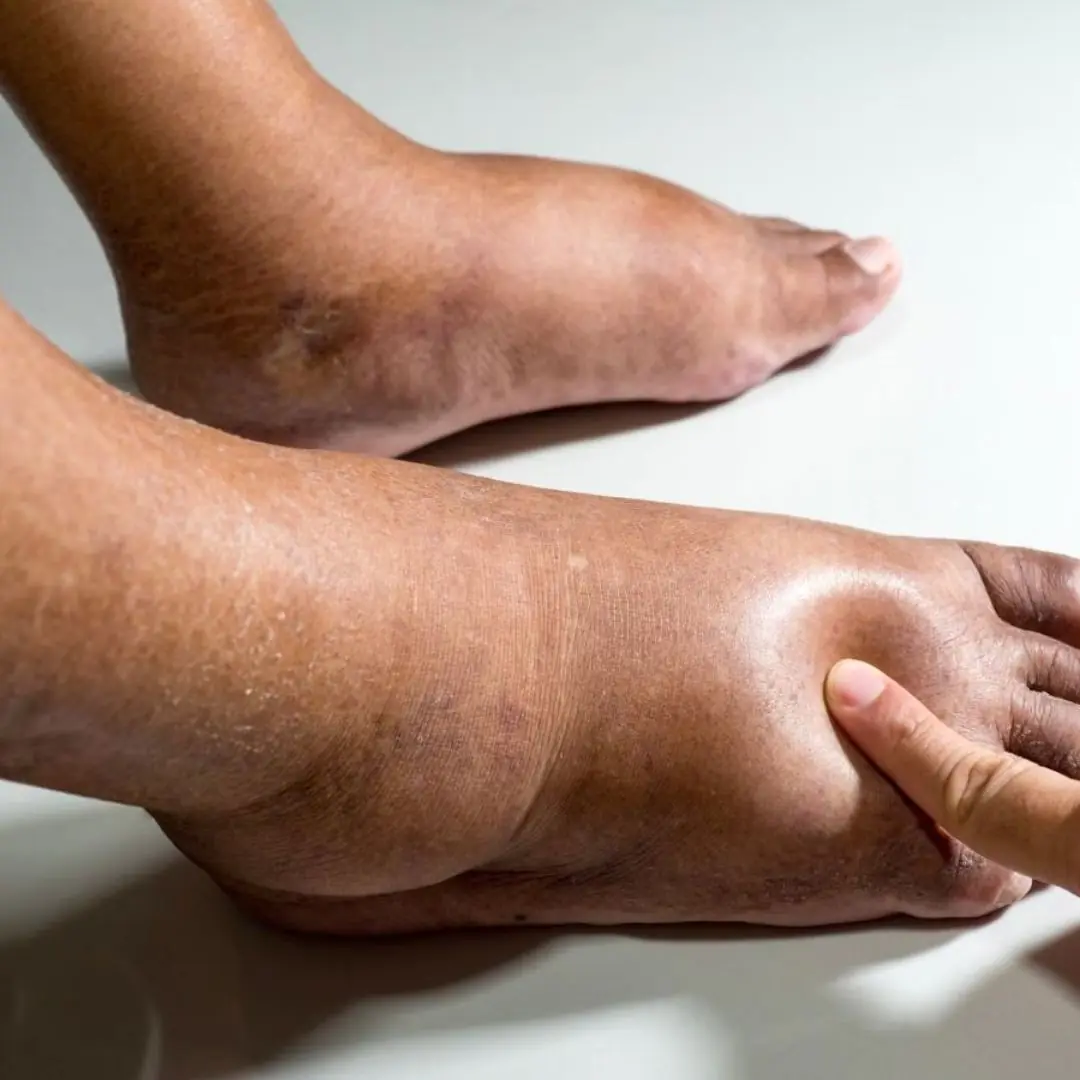
Foods that can ease swelling in hands and feet
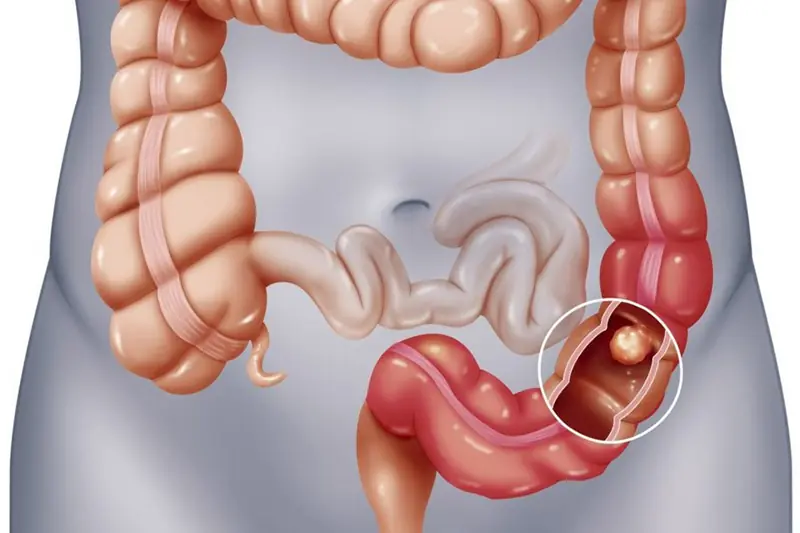
5 signs to help detect colitis early, the first signs of which are often overlooked

6 Foods You Should Never Combine With Honey
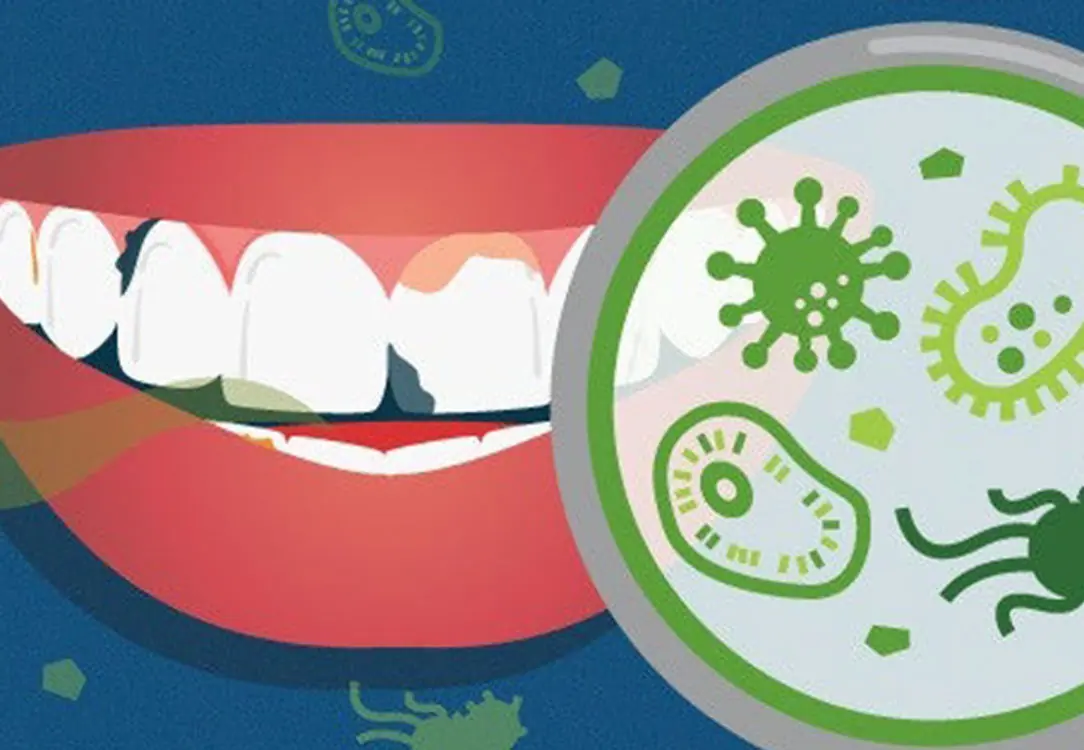
Poor Oral Health Linked to Increased S.troke Risk
News Post

The Unexpected Gift For Our Three-year-old Daughter: Carrot The Tabby Cat And The Miraculous Change In Our Family

How a Simple Date Night Rekindled a Marriage

A trucker’s unexpected turn: How picking up a hitchhiker changed my life

Sonny, we’re giving the mansion only to you! So that this penniless country girl gets nothing after the divorce

A Father’s Promise: A Disturbing Encounter Revealed

The heart-wrenching story of love, trust, and betrayal on my wedding day

The Struggle Against Betrayal and the Fight for Justice

A rich daughter-in-law tried to humiliate me – here’s how I taught her a lesson she’ll never forget

Becoming a Mother at 55: A Life-Changing Secret Revealed on Delivery Day

A New Chapter Begins: A Father’s Journey Through Change and Hope

Belgian Waffles with Cream & Berry Coulis

Creamy Garlic Butter Lobster

Symptoms of chronic bronchitis and treatment

The Ancient Ways Of The Great Albatross

The Silent Promise Of The Mountain Lion

Seafood Chowder Bread Bowl

Pan-Seared Scallops with Lemon Butter Sauce

Shrimp Alfredo Lasagna Roll-Ups
